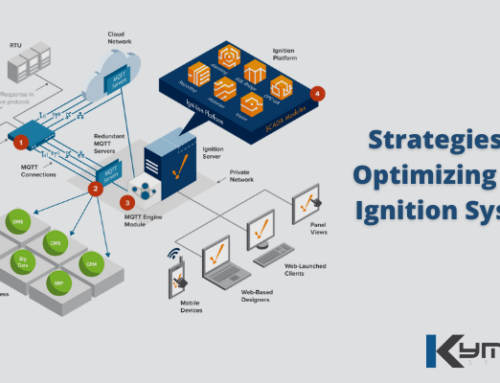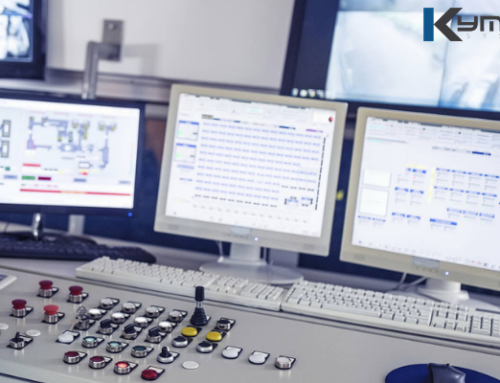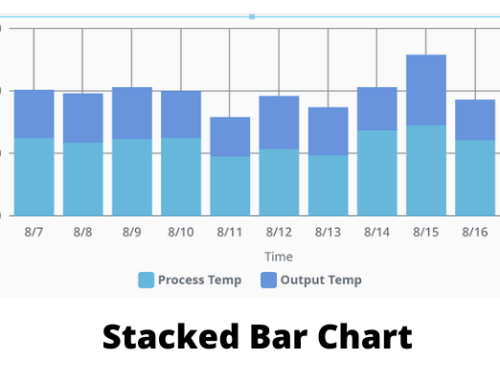The world today is in what can be best described as the Fourth Industrial Revolution, or more commonly known as Industry 4.0. Also going by the name of Industrial Internet of Things (IIoT), the industrial world has already seen the implementation of various Cloud technologies and an increased rate in automation, the likes of which were not in past years.
This trend is not rising at a steady rate, but it is accelerating. In a research conducted by the IDC, it was determined that the worldwide spending on various IoT technologies in 2017 was around $674 billion. In 2018, on the other hand, the estimated increase is at 14.6% over the previous year, reaching some $772.5 billion in total. Even more so, it is predicted that by 2021, the annual spending on the implementation of new technologies will be around $1.1 trillion.
Based on these statistics alone, it is safe to say that the IIoT is here to stay. Also, 76% early adopters say that these technologies have increased their insight into customer behavior and preference, while 66% say that they offer a critical advantage over their competition. It should come as no surprise then, that increased investment in these areas will only increase as time goes on.
If in the 1960s we saw the appearance of the first robotic arm in assembly lines, today’s factories are becoming increasingly digital and interconnected. This trend is not only felt on the assembly floor but over the entire organization. Nevertheless, three departments can, for the time being, see the most advantages from the implementation of IIoT technologies – plant management, control systems engineering, and maintenance.
Plant Management
Plant managers require accurate data in their day-to-day activities. These include a great deal of coordination in various departments such as production, maintenance, and logistics, focusing on KPIs coming in from the overall equipment effectiveness, to determine the performance levels of the equipment and make the necessary decisions on how to improve their overall effectiveness.
IIoT technologies can offer the right kind of connectivity solutions needed to streamline all these operations. Plant managers will have access to this information much earlier in the process, thus, allowing for fewer mistakes, saving the company money and time in the process.
Control Systems Engineering
When it comes to data communications and security, controls engineers are the ones responsible. They are usually required to be on the plant floor, looking at the data panel, making sure that everything is in working order. IIoT technologies can help by remotely monitoring these applications, offering more flexibility and troubleshooting capabilities.
Maintenance and service personnel
The primary duty of the maintenance personnel is to monitor heavy machinery and other systems, focusing on diagnosis, machine health, and other such issues. Their job is to identify any problems as soon as possible – before any real damage can occur. These new technologies will help maintenance and service workers identify issues in real time and address any mechanical failures before they can cause any serious damage or delays.
Conclusion
Now, even though these departments have their duties, everything is interconnected and keeping all the necessary information organized and up-to-date is of the utmost importance. Having a single platform that can connect everything will streamline production, prevent any serious damage from ever happening, and increase revenue in the process.





